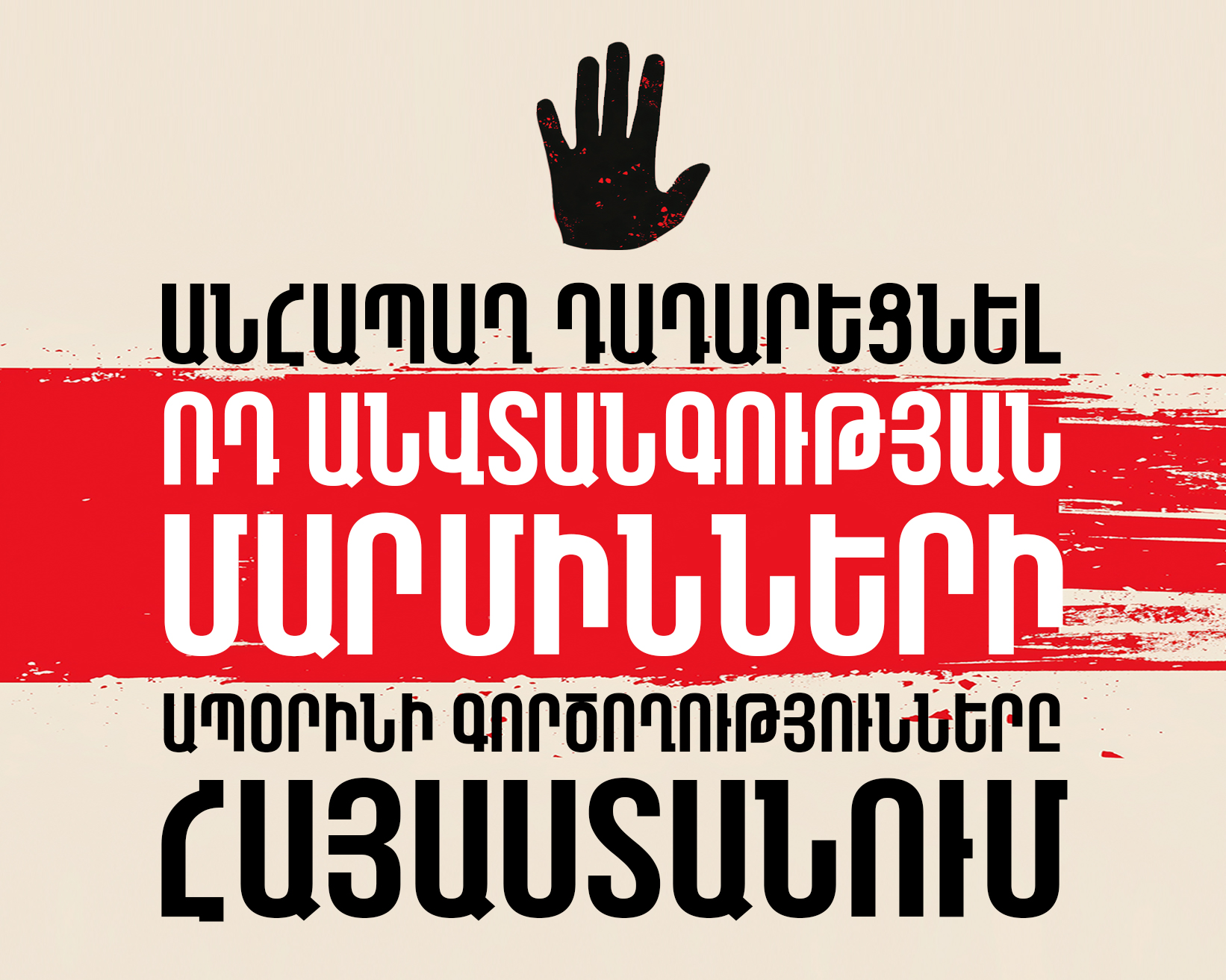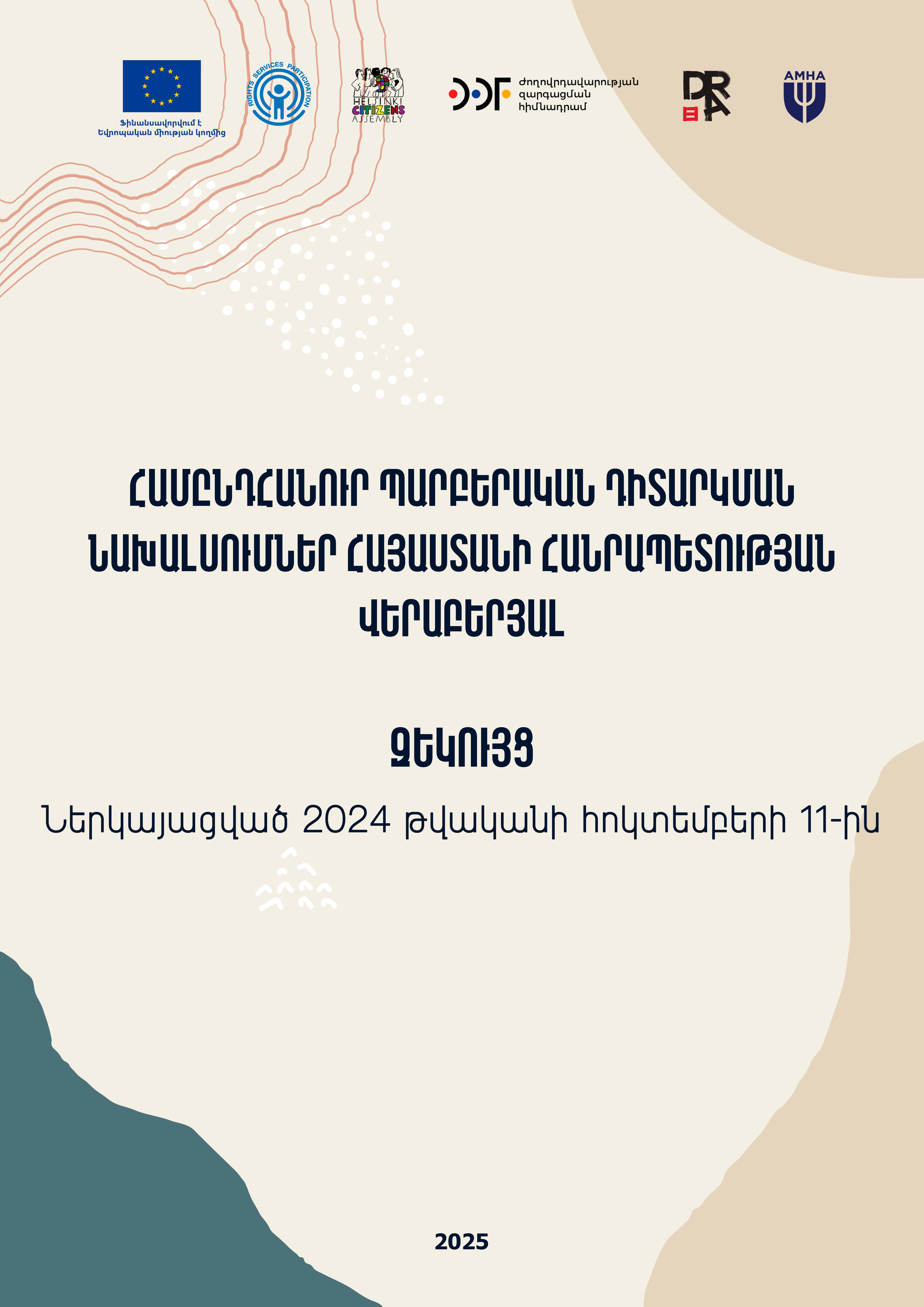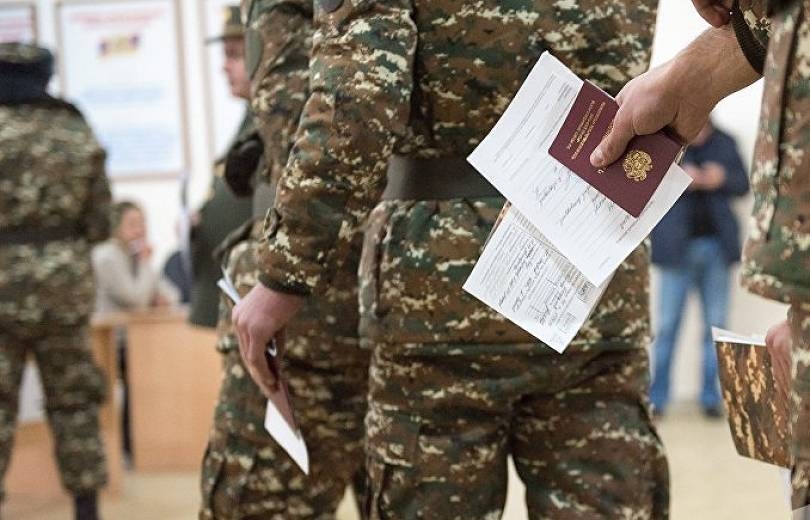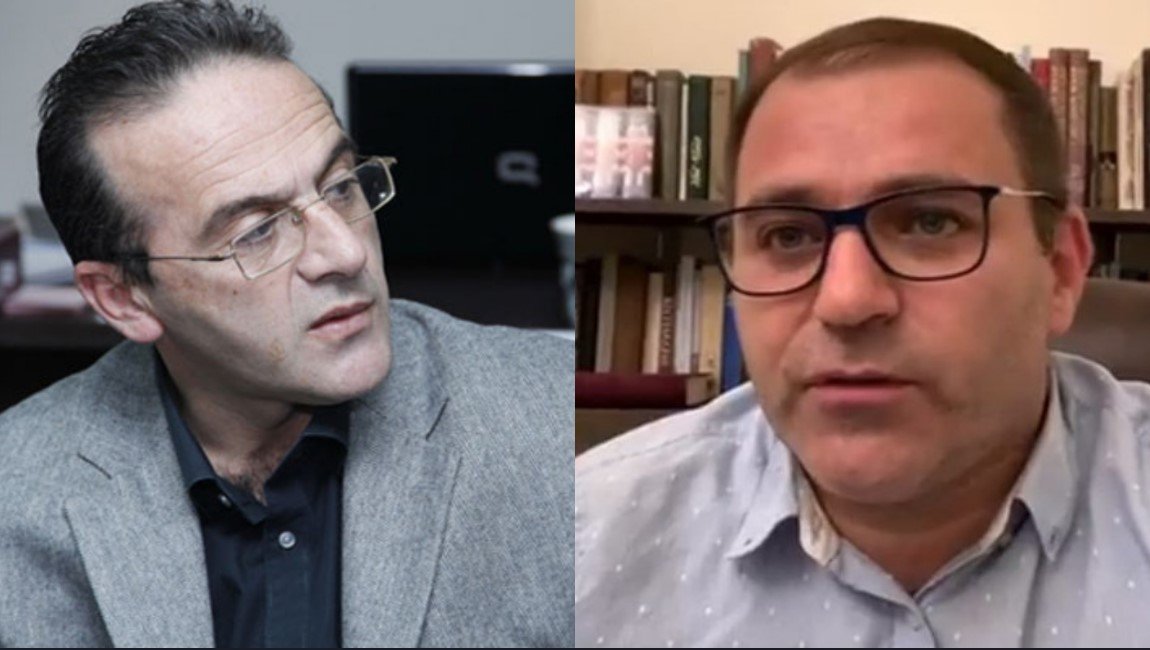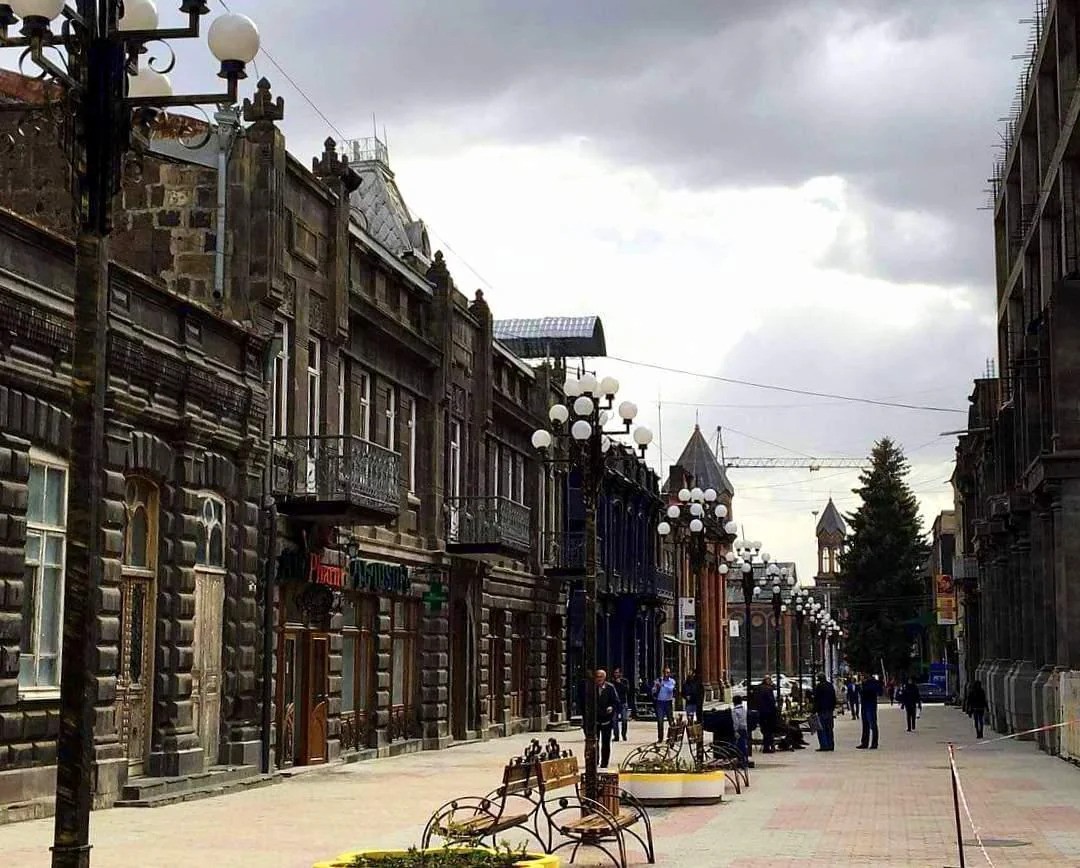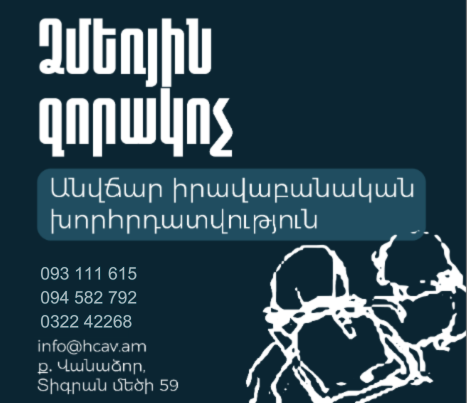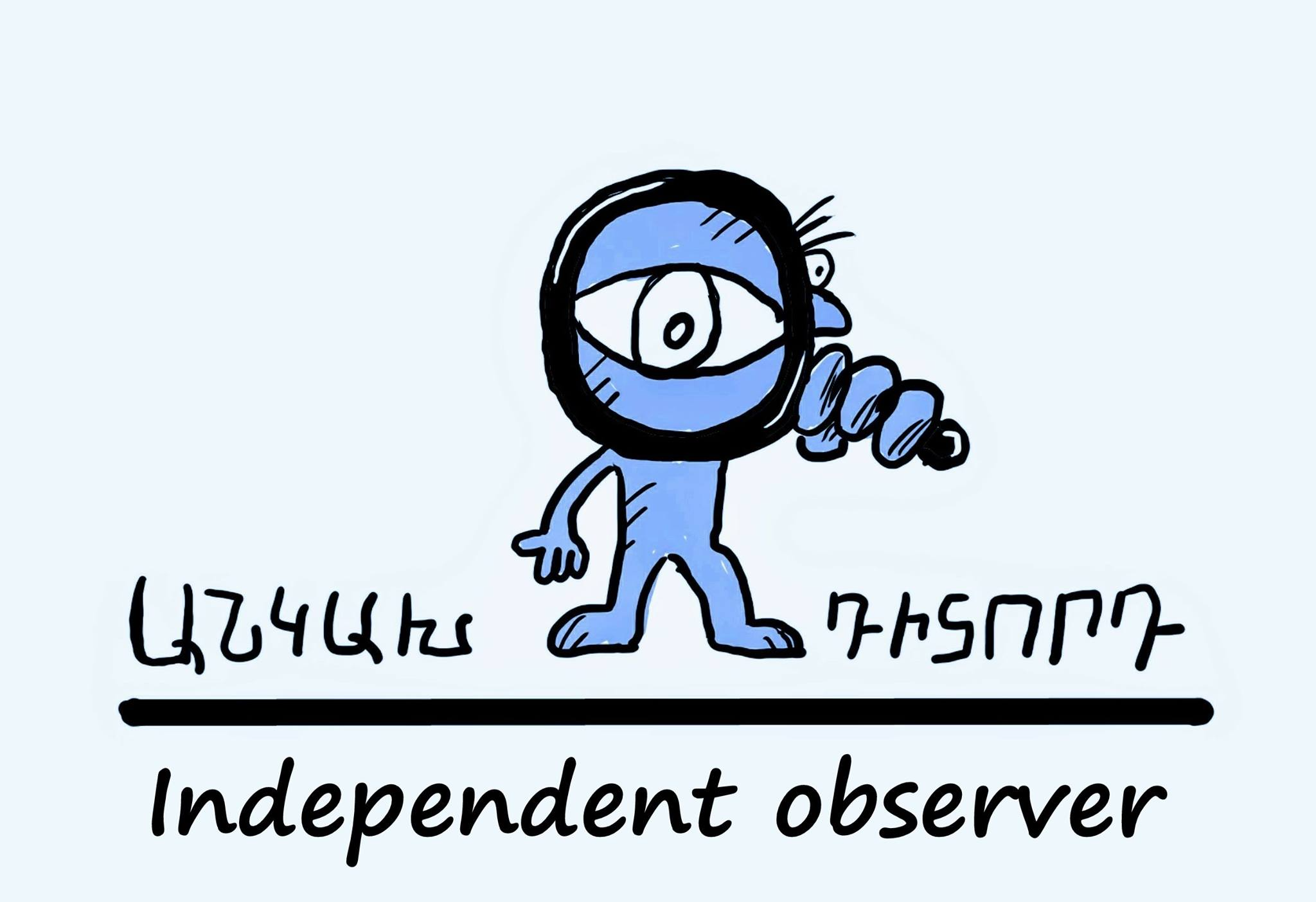




Report on “The Situation of the Rights of Missing Persons and Their Family Members During the 44-Day War in 2020” presented
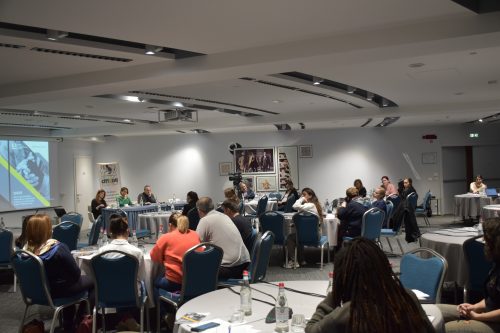
Activities | Publications | News | State Institutions | Civilian Oversight and Monitoring
On March 22, 2022, Helsinki Citizens’ Assembly-Vanadzor presented the report “The Situation of the Rights of Missing Persons and Their Family Members During the 44-Day War in 2020” in Yerevan.
Representatives of state bodies, international and local organizations, embassies, as well as relatives of missing persons were present during the presentation. Relatives of missing persons had an opportunity to present the problems they faced during the hostilities and after the war.
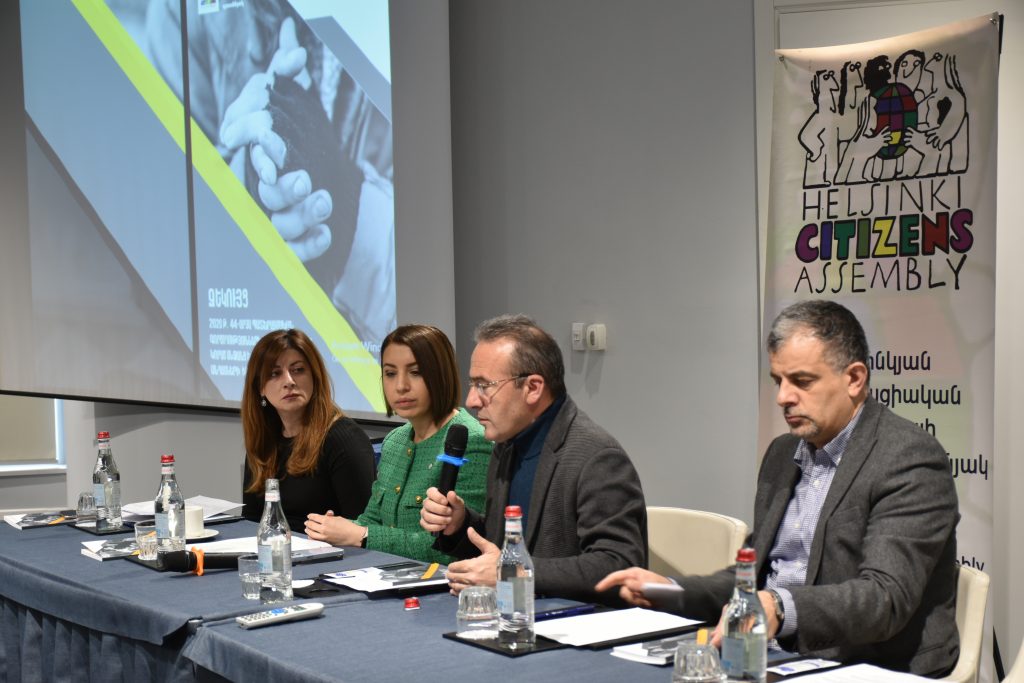
In their opening speeches, HCAV Chairperson Artur Sakunts, and OSF-Armenia Deputy Director Davit Amiryan attached importance to consistency towards issues of missing persons and participation of state structures in such events.
HCA Vanadzor Chairperson Artur Sakunts reminded about the special PACE resolution pertaining to issues of missing persons in the South Caucasus. The resolution was adopted after a joint letter of relatives of missing persons from both sides, as a result of the Special Rapporteur’s visit.
“We are looking to appeal to the PACE Assembly with the support of the state and international community to address the approaches enshrined in the resolution on the situation of persons missing after the second Karabakh war, and to scrutinize liability of both sides. This is an important opportunity for us to break through the existing wall of restrictions over humanitarian rights”, A. Sakunts noted, and addressed the Draft Law on Missing Persons initiated by HCA Vanadzor years ago. The draft was discussed in participation of representatives from the RA state structures, International Committee of the Red Cross, and HCA Vanadzor; yet, no progress was recorded.
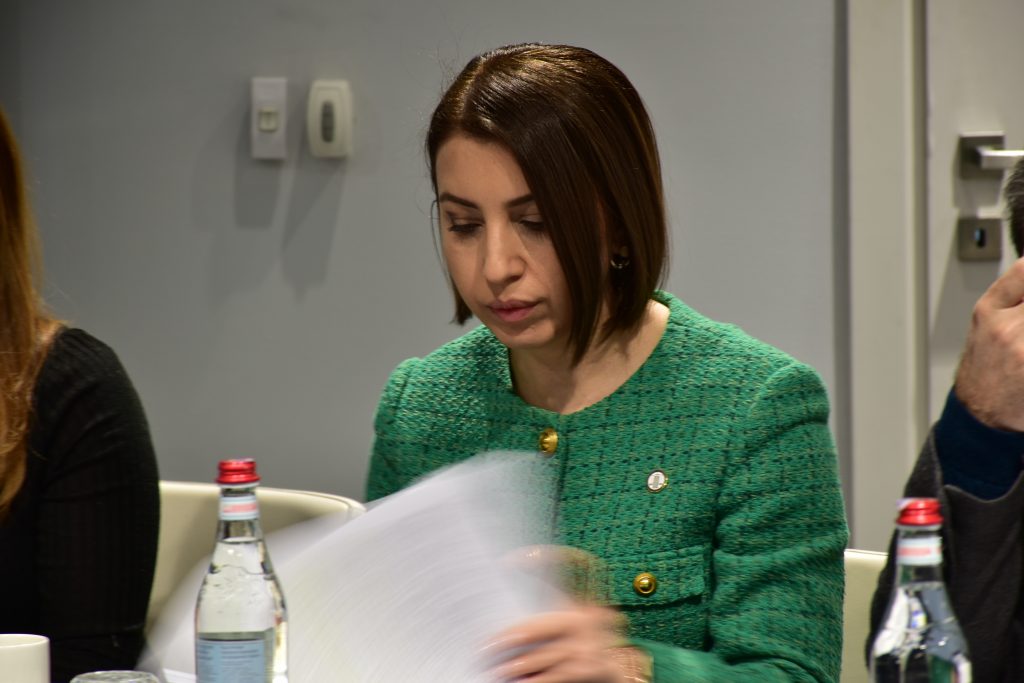
RA Human Rights Defender Kristinne Grigoryan first addressed the current situation in Artsakh and then spoke of the problems of families of missing persons and mentioned that they do not get a systemic solution. The HRD also drew attention to issues related to the lack of status of missing persons, such as uncertainty, inaccessibility of information, issues in terms of getting involved in various actions and receiving support.
“If we do not clearly record problems, we will not have an opportunity to solve them. The war was a big challenge, but it was also a chance to take lessons, and we should not miss it, it is taking us long”, the Human Rights Defender noted.
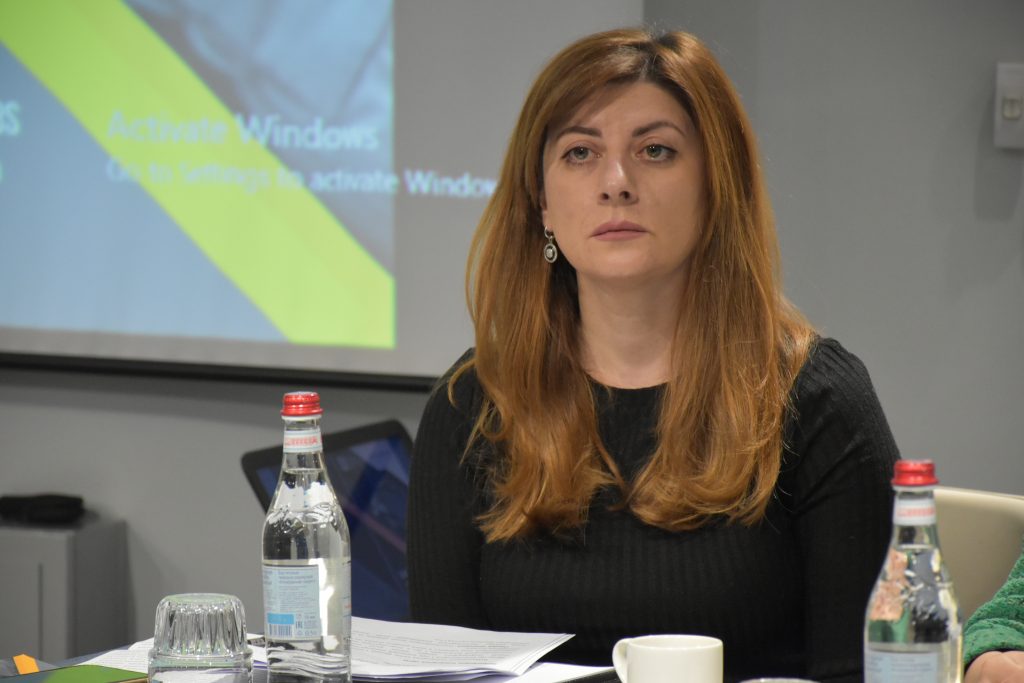
Armine Sadikyan, Coordinator of HCA Vanadzor Department of Oversight of Defence and Security Sector and co-author of the report, presented what data had been used to compile the report and spoke about the main issues recorded,
“The main problem was that state authorities did not secure the right to information. This concerned information about a relative’s fate, as well as exchange of information regarding results of identification”.
 |
 |
Aleksandr Avetisyan, Head of the General Department of Health and Social Protection of Servicemen and Veterans of the Ministry of Defence of the Republic of Armenia, mentioned that during and after the war they closely cooperated with civil society organizations to solve the recorded issues. He noted that support actions were adjusted also for families of missing persons through legislative changes, and thus gave them an opportunity to participate in the actions. A. Avetisyan also spoke about the main issues they faced while working with families of missing persons.
Representative of the RA Ministry of Labor and Social Affairs also spoke about the actions implemented by the Ministry, and the support provided to families of missing persons. Representative of the Investigative Committee spoke about the initiated criminal cases and presented statistical data.
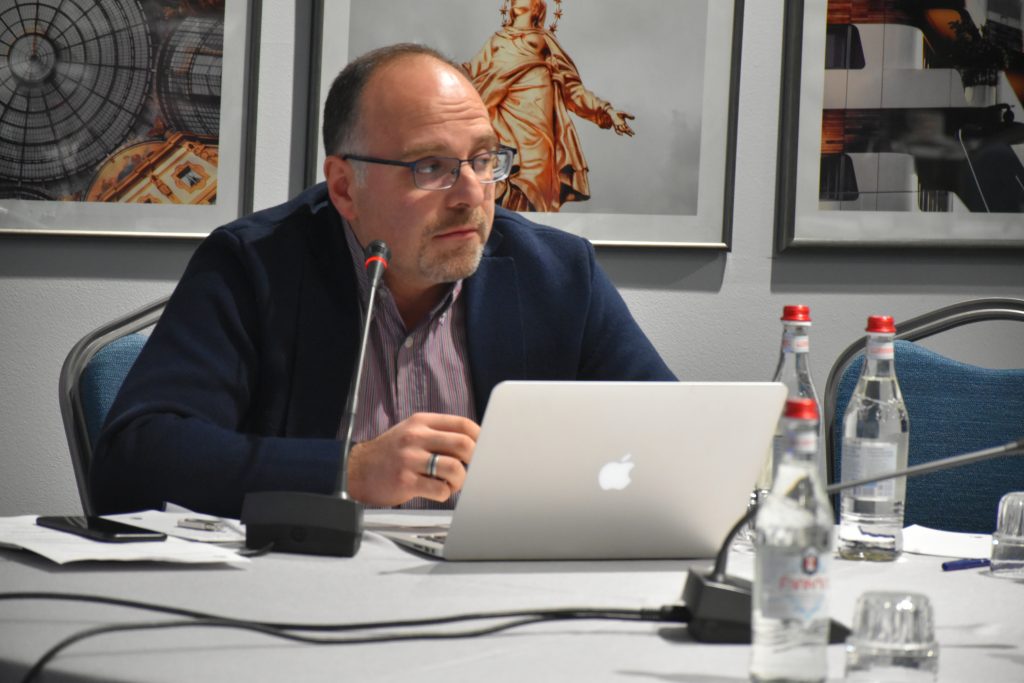
Psychologist, expert, head of YSU Applied Psychology Center Davit Gevorgyan spoke about psychological problems of relatives of missing persons, and mentioned what support the state could provide to this end.
In addition to statistical data, the report also presents legislation concerning the rights of missing persons and their families, legislative gaps, problems that those families had been facing for more than a year, implementation of the state’s obligation towards missing persons and their families, as well as problems emerging during identification.
The situation of the right of families to information about the fate, whereabouts, as well as circumstances of disappearance of their relatives remains worrisome. Adoption of the Law on Missing Persons is on the agenda.
Click here to read more about issues identified as a result of examining problems of missing persons and their families, as well as recommendations aimed at solving them.


